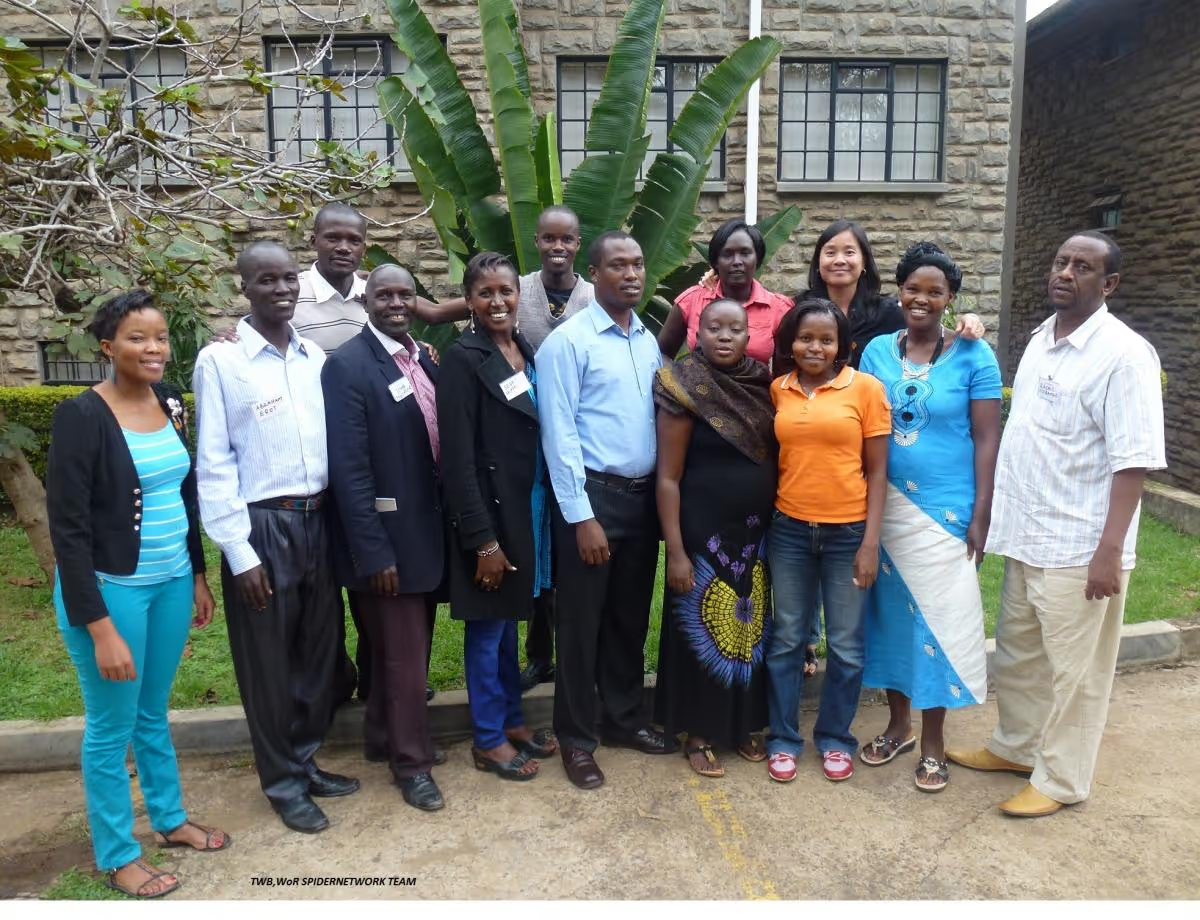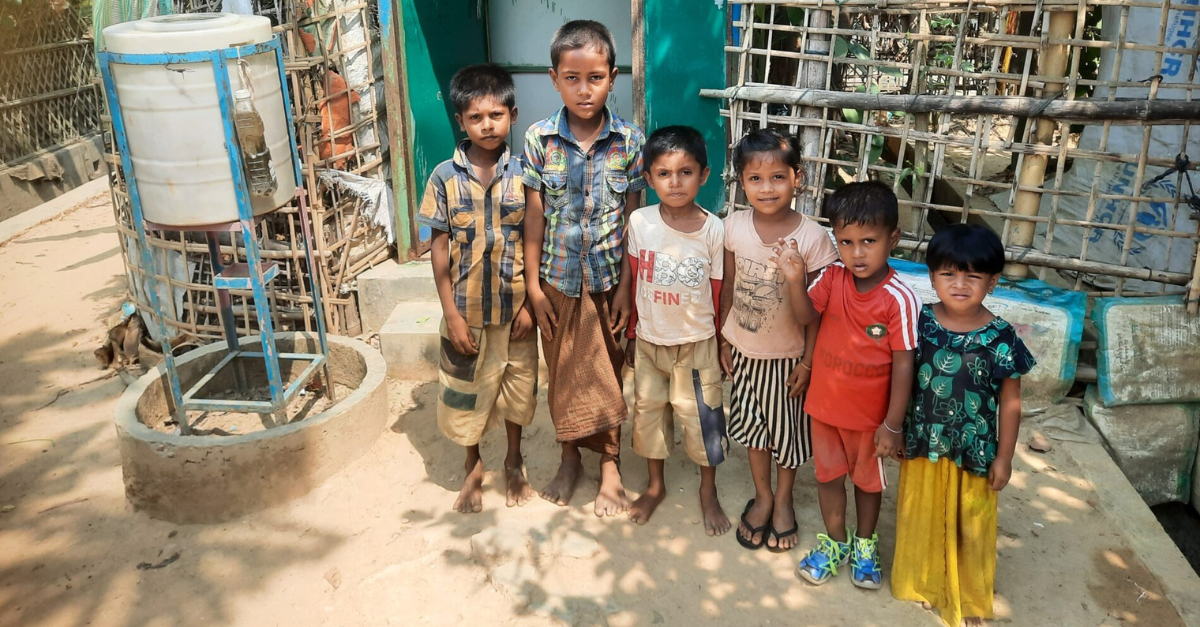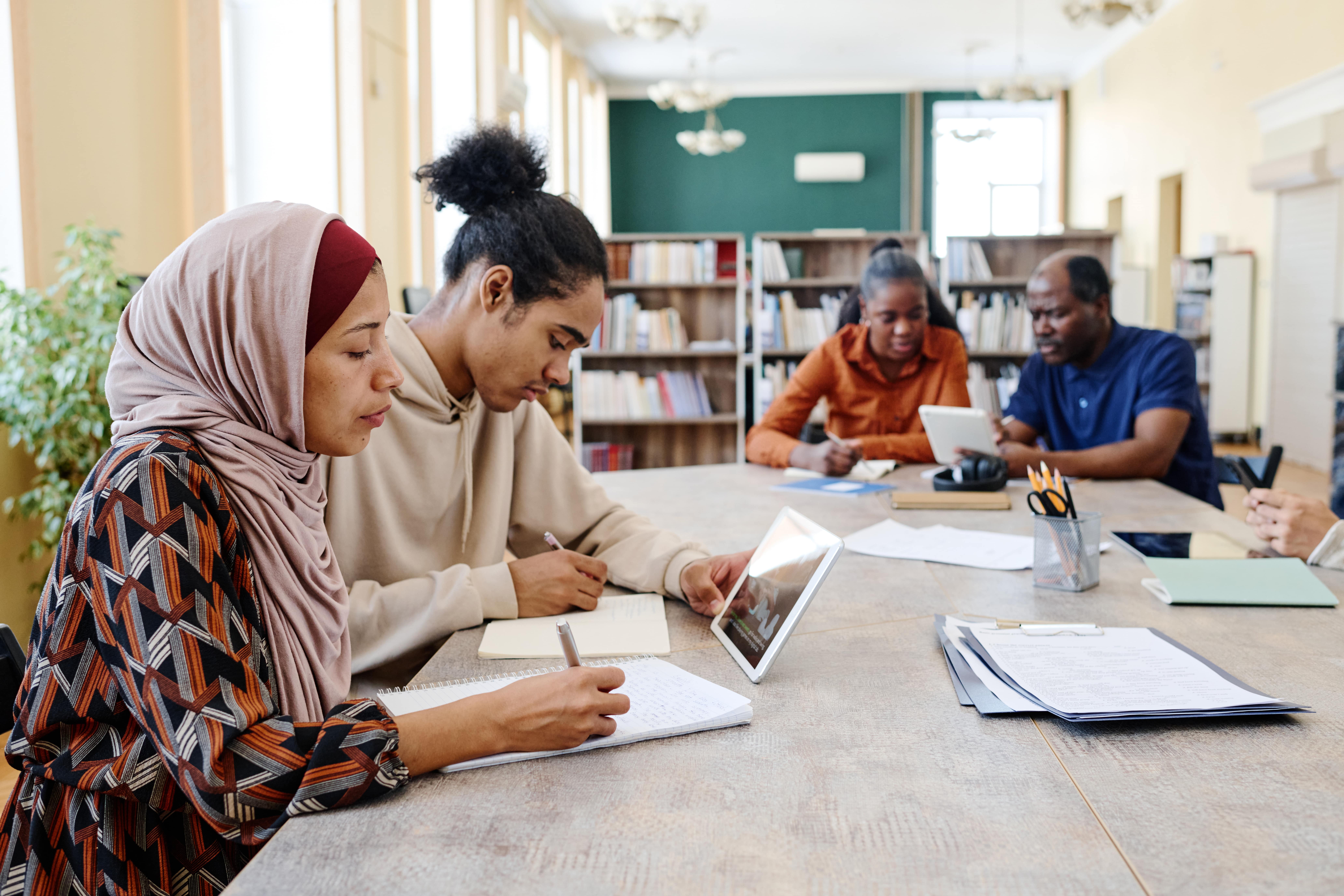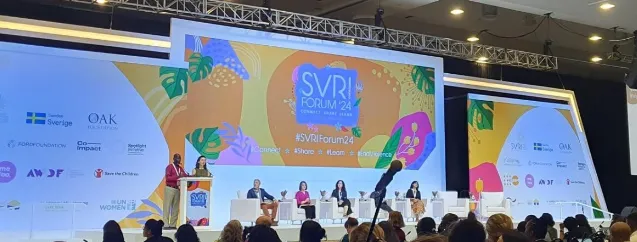Rapid Response Community Translators

It seems like 11 was our lucky number for the month of September! We had 11 volunteers representing 11 languages from 11 Kenyan counties, which are frequently affected by disasters, participate in our first-ever Spider Network training.
Translators without Borders’ Words of Relief aims at eliminating linguistic barriers that can impede vital response and relief efforts during and after a crisis; one piece of Words of Relief is the Spider Network of rapid response community translators, who can translate from English/Swahili into Kenyan regional languages in key geographic areas prone to disaster.
The Words of Relief team held the first training of volunteers who are interested in helping their community and are qualified to be part of the Spider Network.
The training was held in Nairobi at Translators without Borders Translation and Training Center. Most of the volunteers, in pursuit of helping their communities, travelled for 24 hours to Nairobi for the training. They were very excited and enthusiastic to be part of a team that will enhance humanitarian effectiveness through communication in the right language, in their communities.
!

The agenda for the training included an introduction to TWB, the Spider Network, how to do rapid translation, communicating with communities, and disasters experienced in Kenya. We had speakers from within TWB and invited guest speakers such as Rita Maingi from UNOCHA who talked about Communicating with Communities and how critical communication with the communities in the right language is. The other guest speaker was Abiya Ochola from NDMA (National Drought Management Authority) a Kenyan government agency. He talked about drought as a disaster and the need to give early warning and educate the community in the right language. He mentioned that language has been a barrier in their effort to mitigate risk during a drought. Thanks to Words of Relief, language will no longer be a barrier, especially in the areas most affected by drought.
The volunteers were engaged in discussions and exercises on rapid translation during a disaster. Each volunteer got a chance to share experiences about her/his community, disasters and the communication needs in the area. It was a very electrifying and learning moment for all the participants. The volunteers pointed out that language has been ignored for a long time and it is a very critical element in risk and disaster reduction.
By the 3rd day, the SN team had already become a family and wished we could extend the training for 2 more days. However, as we concluded, the volunteers felt they were equipped to go back to their communities and help save lives through rapid translation during a disaster. The volunteers will be engaged in simulation exercises in the coming months to test the effectiveness of the Spider Network and their translation skills.
Sharon O’Brien, Director of the Centre for Translation and Textual Studies and Senior Lecturer, School of Applied Language and Translation Studies at Dublin City University will conduct a research project to evaluate the TWB training of translators for the Spider Network. We are excited about this as it will help us enhance our monitoring and evaluation program by learning what worked and how to improve this new concept of rapid response translators.
In the course of the month, our Project Manager attended the Humanitarian Partnership Conference organized by IAWG (Inter Agency Working Group on Disaster Preparedness for East and Central Africa.) She attended a panel discussion on Reducing Vulnerability to Climatic Shocks. At this discussion, it was very clear that communication of early warning is a major problem. It gets worse when the communities are not given the early warnings in the right language. Words of Relief will really be a relief to most organizations that are working very hard to mitigate risk and disaster, by improving the communication between the communities and aid workers, through translation.
We are excited to announce that Kenya Red Cross First Aid mobile app is now available in Swahili. https://play.google.com/store/apps/details?id=com.cube.gdpc.ken&;hl=en
https://itunes.apple.com/ke/app/first-aid-kenya-red-cross/id871763697?mt=8
Translation done by TWB, Words of Relief. Stay tuned for more exciting stuff next month!
Stay updated
Sign up for our newsletter to receive regular updates on resources, news, and insights like this. Don’t miss out on important information that can help you stay informed and engaged.
Related articles



Explore Elrha
Learn more about our mission, the organisations we support, and the resources we provide to drive research and innovation in humanitarian response.